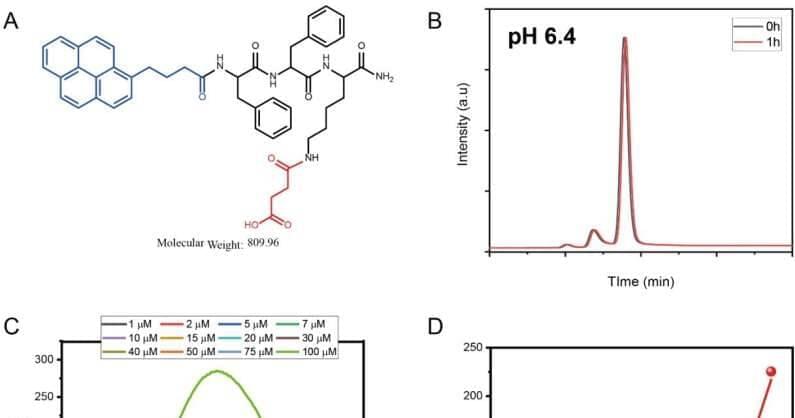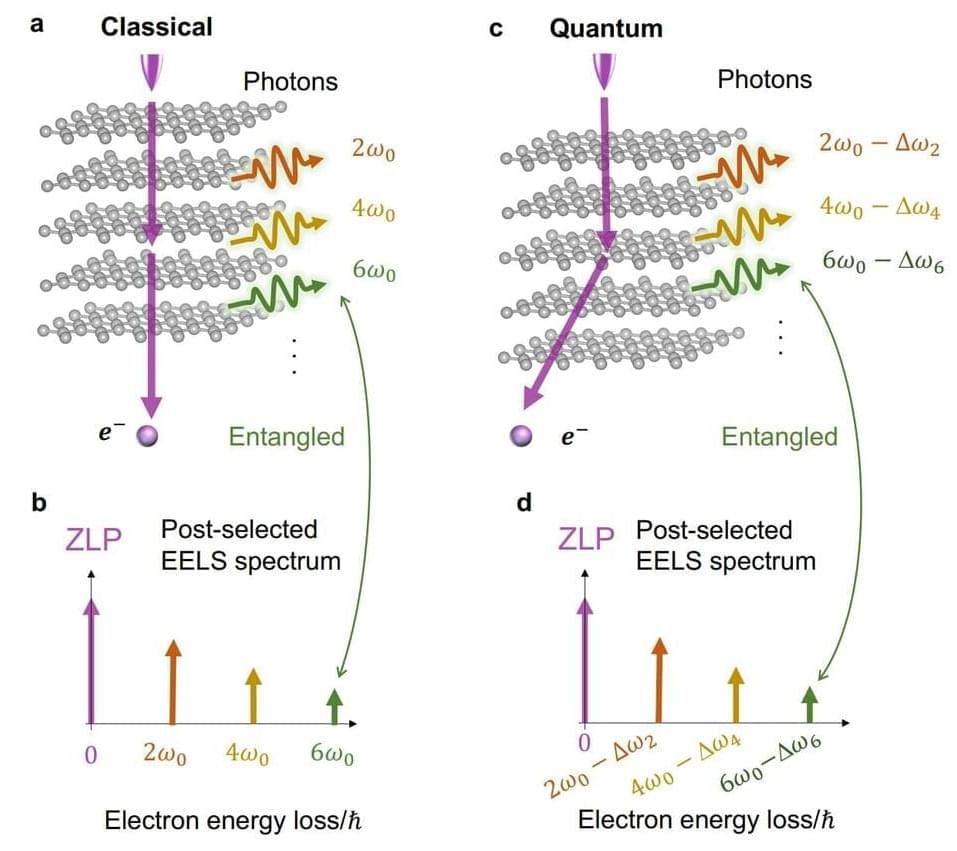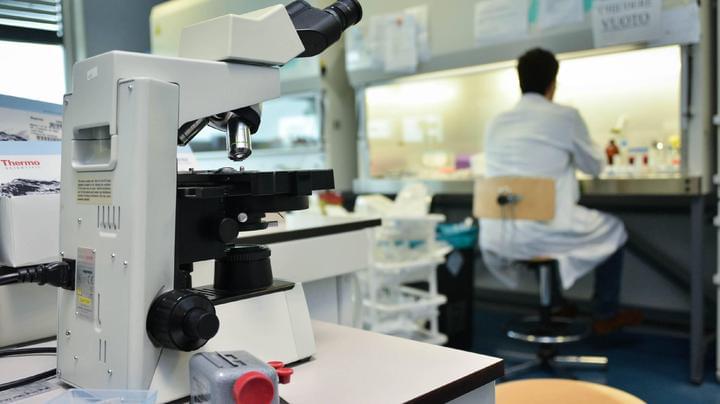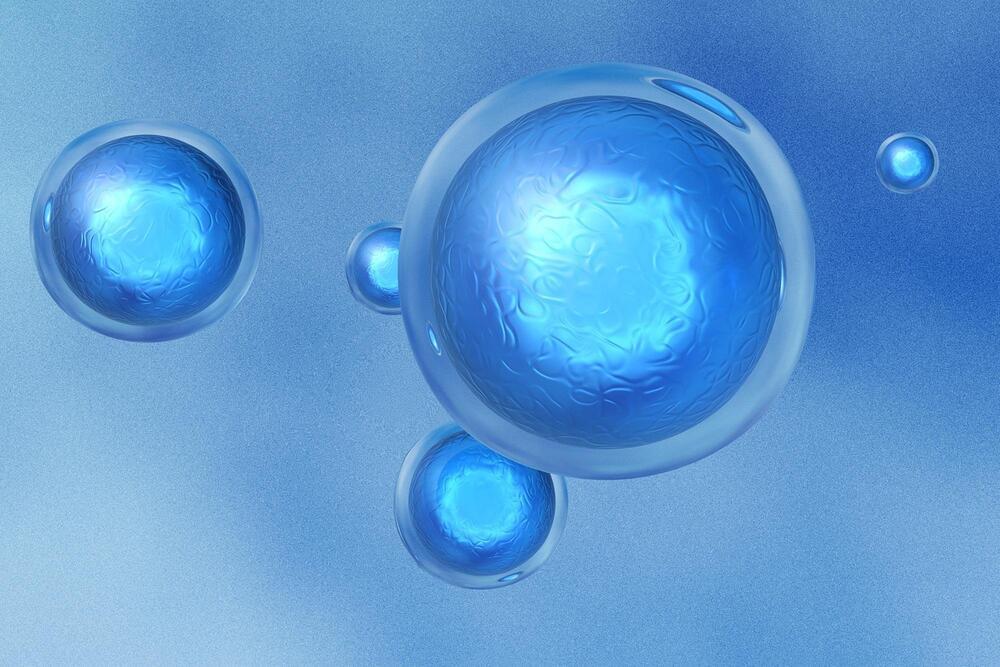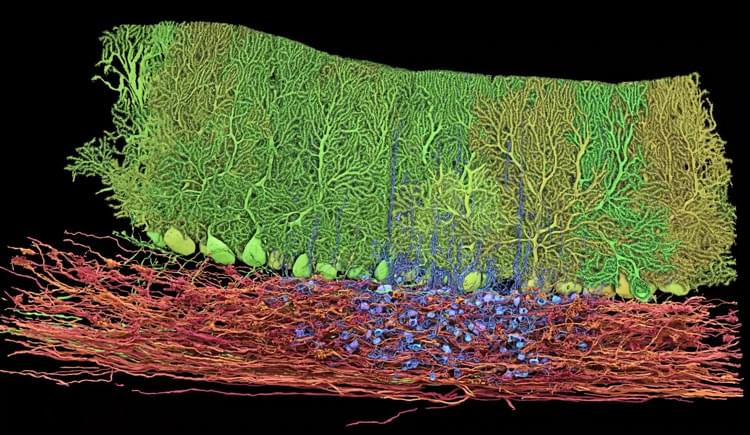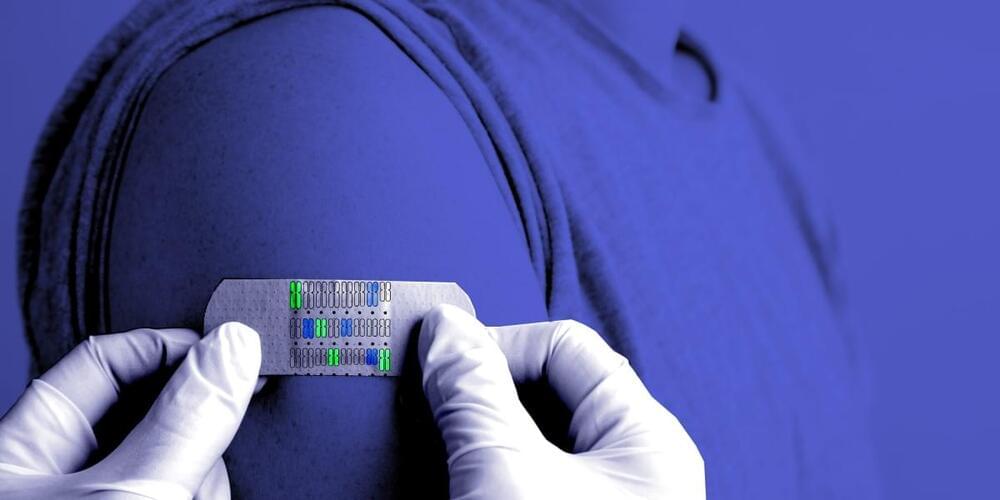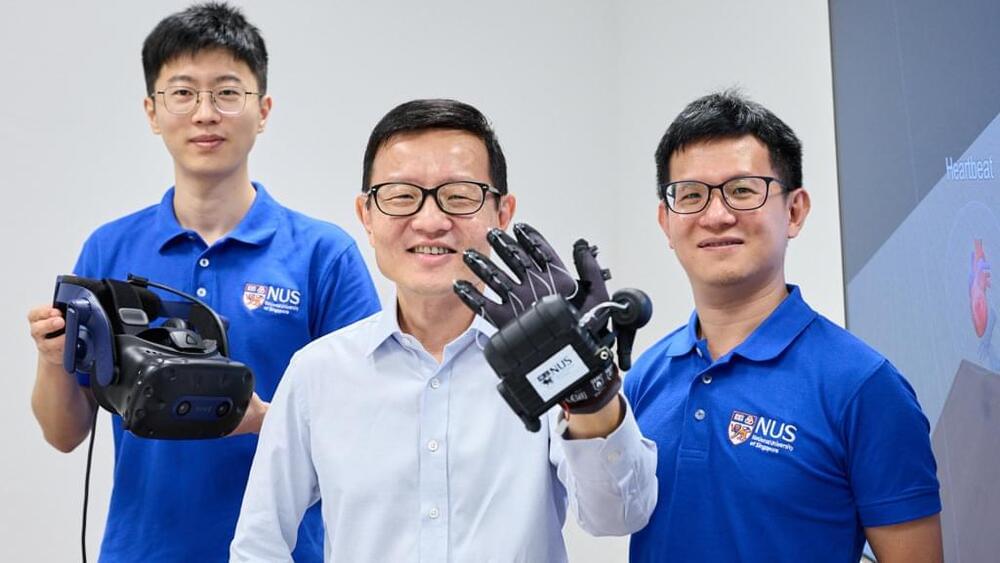Jan 20, 2023
Affordable Cultured Meat Is a Step Closer With New Approval
Posted by Dan Breeden in category: biotech/medical
The approval was granted by the Singapore Food Agency, and means Good Meat is allowed to use synthetic processes to create its products.
Cultured meat is grown from animal cells and is biologically the same as meat that comes from an animal. The process starts with harvesting muscle cells from an animal, then feeding those cells a mixture of nutrients and naturally-occurring growth factors (or, as Good Meat’s process specifies, amino acids, fats, and vitamins) so that they multiply, differentiate, then grow to form muscle tissue, in much the same way muscle grows inside animals’ bodies.
Usually, getting animal cells to duplicate requires serum. One of the more common is fetal bovine serum, which is made from the blood of fetuses extracted from cows during slaughter. It sounds a bit brutal even for the non-squeamish carnivore. Figuring out how to replicate the serum’s effects with synthetic ingredients has been one of the biggest hurdles to making cultured meat viable.



